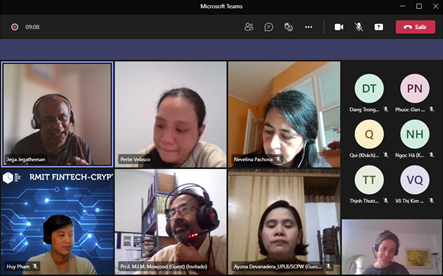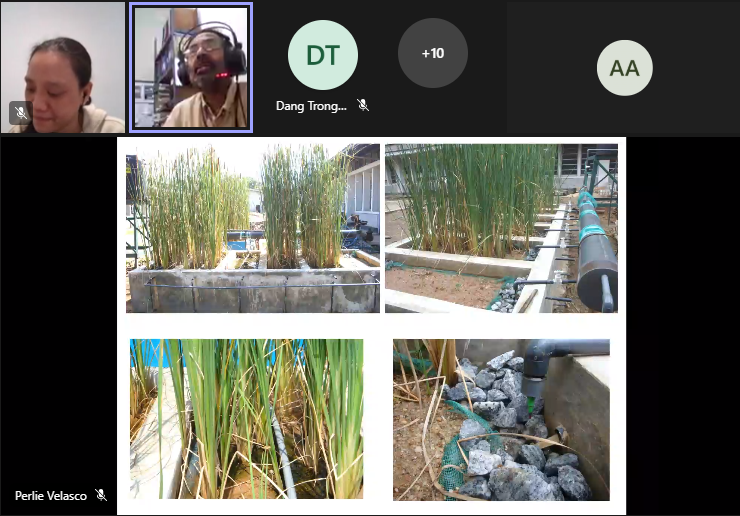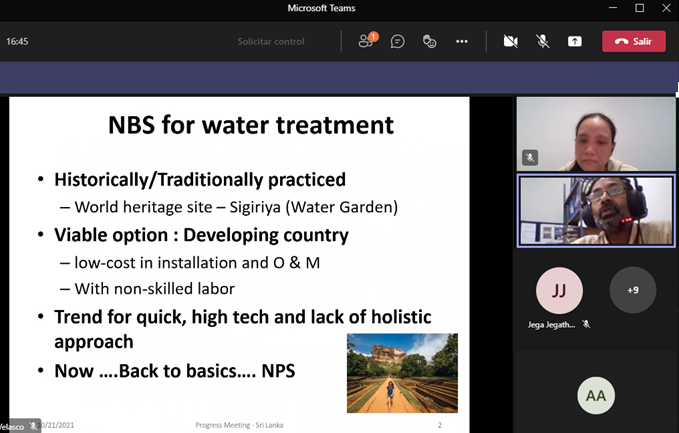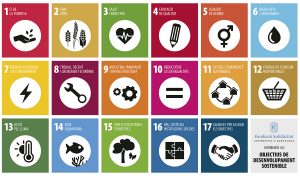The main goal of the project is to contribute to the integration of nature-based water treatment technologies in the management and planning of urban water.
Water quality is a critical challenge in Asia in the context of growing industrialization, urbanization and climate change. In the Philippines, for example, only 17% of the Metro Manila wastewater is treated before discharge into water canals that mostly end up in Manila Bay, thus posing significant concerns for the health of people and ecosystems.
Nature-based solutions (NBS), such as constructed wetlands, biofilters, rain gardens and floating parks, could play an important role in reducing urban water pollution, while making cities more liveable and resilient. In this regard, several pilot and demonstration projects have been set up to explore their potential across cities in Asia. Their effectiveness, however, has not been adequately documented and how they can be sustained, replicated and up-scaled remains poorly understood.
This is the context of the project Integrated assessment of existing practices and development of pathways for the effective integration of nature-based water treatment in urban areas in Sri Lanka, the Philippines and Vietnam (2021-2023), led by RMIT University (Australia) and funded by the Asia-Pacific Network for Global Change Research, of which the Solidarity Foundation of the University of Barcelona (UB) is an associate partner to provide technical advice. Other project partners are two universities from Vietnam (Ho Chi Minh City University of Technology and Can Tho University), one from the Philippines (University of the Philippines Los Banos) and one from Sri Lanka (University of Peradeniya).
The main objective of the project is to enhance knowledge and capacities for integrating nature-based water treatment technologies in water management and planning across cities in Asia. Specifically, the project will compile and analyse the experiences of existing pilot and demonstration projects in six cities in Southeast Asia and it will develop and test a methodology and guidelines that can be used to support the establishment, maintenance and scaling of nature-based water treatment.
UB Solidarity Foundation & sustainable water management
The project will be informed by experiences from Australia and Europe in the field of nature-based urban water treatment. In the sense, the UB Solidarity Foundation has a long history of promoting nature-based solutions for a sustainable development in different countries around the world.
Between 2010 and 2013, together with the National University of Vietnam, the UB Solidarity Foundation set up a wastewater treatment plant in a seafood manufacturing industry in Ha Long Bay, which was the first infrastructure of its kind (Constructed Wetlands) in the Southeast Asia. Between 2016 and 2021, together with the Gaston Berger University and Món-3 foundation, it carried out projects based on the implementation of low-cost, environmentally sustainable technologies for the sustainable management of wastewater and sanitation services in Saint-Louis (Senegal), including a wastewater ecological treatment plant on the UGB campus. And, from 2021 to 2024, it is taking part in the Inow Asia project, aimed at developing innovative multilevel training programs for new leading water professionals in Southeast Asia.













